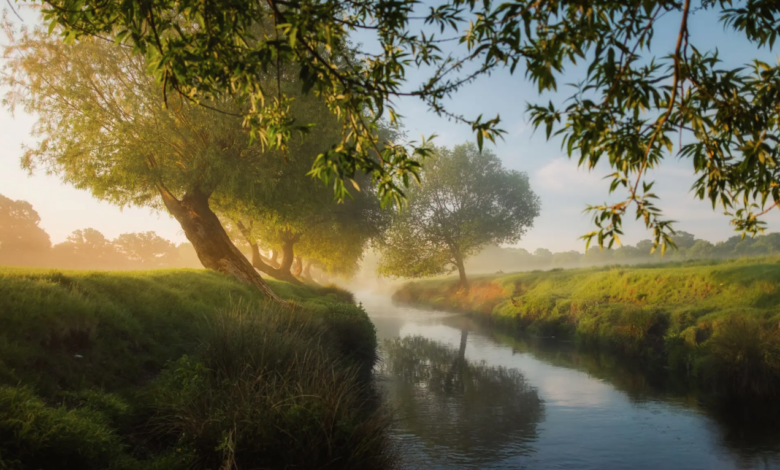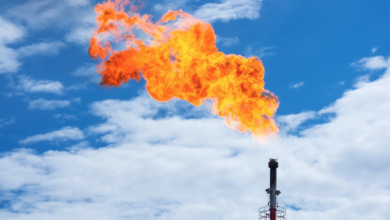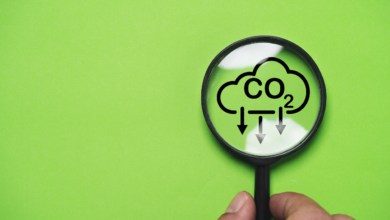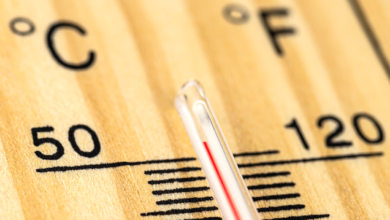In 2050, 46% of global GDP at risk from the impact of the climate crisis on water resources

Since 1970 we have lost 1/3 of the wetlands and 83% of the freshwater fauna
A gun aimed at 60% of global GDP. This is what the impact of the climate crisis on water resources worldwide is worth. Aquatic ecosystems contribute every year to generating something like $58 trillion, but with the progressive degradation of oceans, seas, lakes, rivers and wetlands, climate change staggers much of the global economy.
It is the warning message launched by the WWF in the report The High Cost of Cheap Water, published in conjunction with World Food Day. Alarm that the numbers of the water crisis should ring long ago. Over the past 50 years, the world has lost one-third of its wetlands, while freshwater wildlife populations have declined by an average of 83%.
It is a “disastrous” tendency that immediately pours on man. Water scarcity, food insecurity (also because of the most frequent and lasting droughts), the growth of pollution, and unsustainable pressure on aquatic fauna and flora that are precious food sources and often indispensable for most of humanity.
Calculating the impact of the climate crisis on water resources
Where are we today? Although the impact of the climate crisis on water resources is already very large, direct economic benefits, such as water consumption for households, agriculture and irrigation industries, amount to a minimum of $ 7,500 billion per year. While indirect benefits, such as water purification, improved soil health, carbon storage, and protection of communities from extreme flooding and droughts come to $50 trillion a year.
With the worsening of the climate crisis, the situation is likely to worsen significantly. WWF estimates that between poor water management, destruction of freshwater ecosystems and increased water risks to businesses and economies, by 2050, about 46% of global GDP could come from high water risk areas, compared to 10% today.
“Water and freshwater ecosystems are not only fundamental to our economies, they are also the lifeblood of our planet and our future,” said Stuart Orr, WWF Global Freshwater Lead. “We need to remember that water doesn’t come from a tap – it comes from nature. Water for all depends on healthy freshwater ecosystems, which are also the foundation of food security, biodiversity hotspots and the best buffer and insurance against intensifying climate impacts. Reversing the loss of freshwater ecosystems will pave the way to a more resilient, nature-positive and sustainable future for all.”





